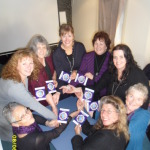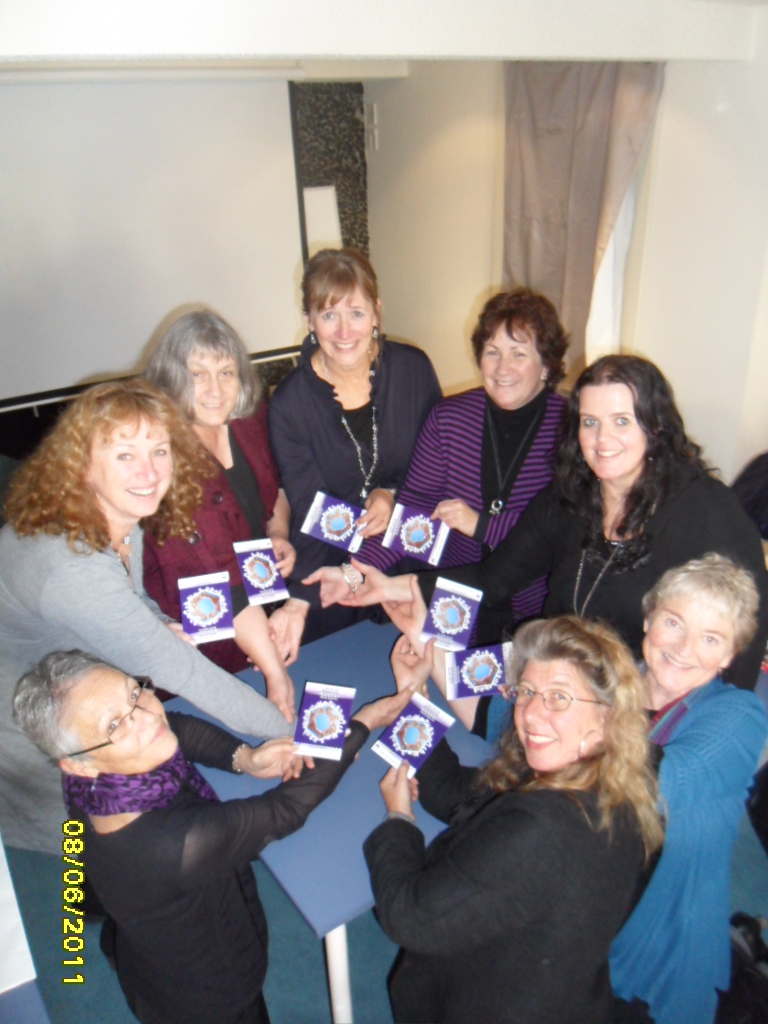“Every day you go to work and there are dozens of people thrilled that you are there. You are smiled at and welcomed like you have been gone for a week when you were only there the day before. You are thanked for almost everything you do and you can leave at the end of your shift knowing that you have made a positive contribution to someone’s day. How many people are lucky enough to have a job like this?” — Aged-care nurse Kaye Jensen (quoted in Insite Magazine Feb-March 2008)
 The work of caring in our society is the most important yet most undervalued work of all. Without the care for our children, those who are disabled or sick, our society would crumble. This work is both paid and unpaid work, and the unpaid, informal care provided by hundreds of thousands of people in NZ is crucial as is the work of the paid carer workforce.
The work of caring in our society is the most important yet most undervalued work of all. Without the care for our children, those who are disabled or sick, our society would crumble. This work is both paid and unpaid work, and the unpaid, informal care provided by hundreds of thousands of people in NZ is crucial as is the work of the paid carer workforce.
Tens of thousands of care and support workers provide the overwhelmingly majority of the paid work to support that older people. The workers who stand beside older people are mostly women and the average age is in the mid-40s. They have many life skills and experience that they bring to the job and show great commitment to caring for older people.
Most services for older people are government funded and there is a continuing and urgent need to increase wage levels, improve working conditions and increase formal training levels for care and support workers to help meet the changing skill needs of this workforce.
There has been some change in recent years and some funding for wage increases has been given. New types of training with nationally recognised qualifications are helping care workers to learn the skills required to meet the changing landscape in services for older people. Sector industry training organisation Careerforce is partnering the sector in the Kaiawhina support workforce training plan.
But much more work is needed! The Human Rights Commission Equal Equal Employment Opportunities inquiry into aged care Caring Counts provides the reference point for understanding the state of aged care in this country.
There is a need for more aged care nurses to work in the non-government health and social service sector. Significant investment is required to create the infrastructure to train many caregivers and nurses to work in the flexible and changing environment. District Health Boards and the Ministry of Health are cooperating on a Future Workforce project that seeks to address the problems facing the health workforce. The Ministry of Health is showcasing nursing in aged care, check out this video:
Informal carers need further support, both to manage their working and other family life around the care they are providing. Carers NZ is the organisation that advocates for and supports those who are in carer roles.
The Carers’ Strategy is supported by a Five-year Action Plan to begin addressing some of the issues that impact on the thousands of New Zealanders who assist friends and family members that need help with everyday living because of ill health, disability or old age.

